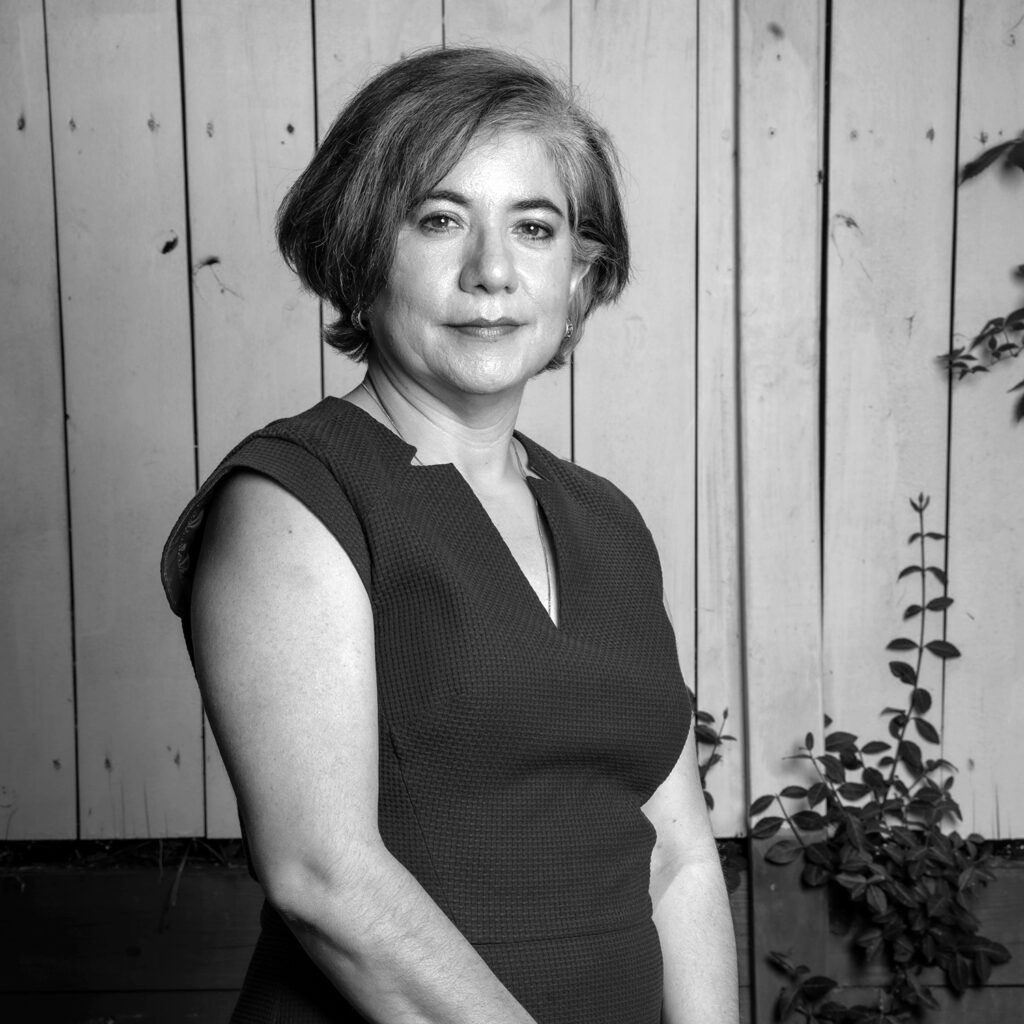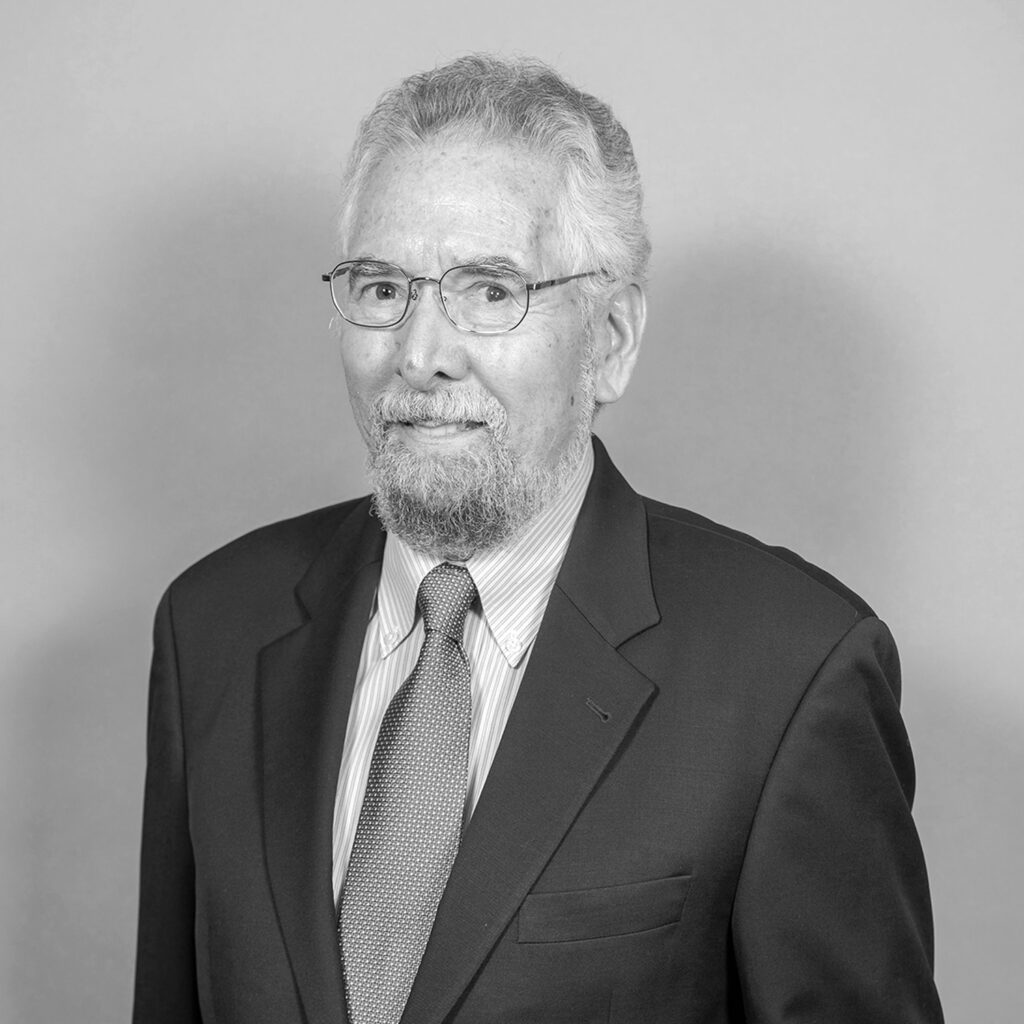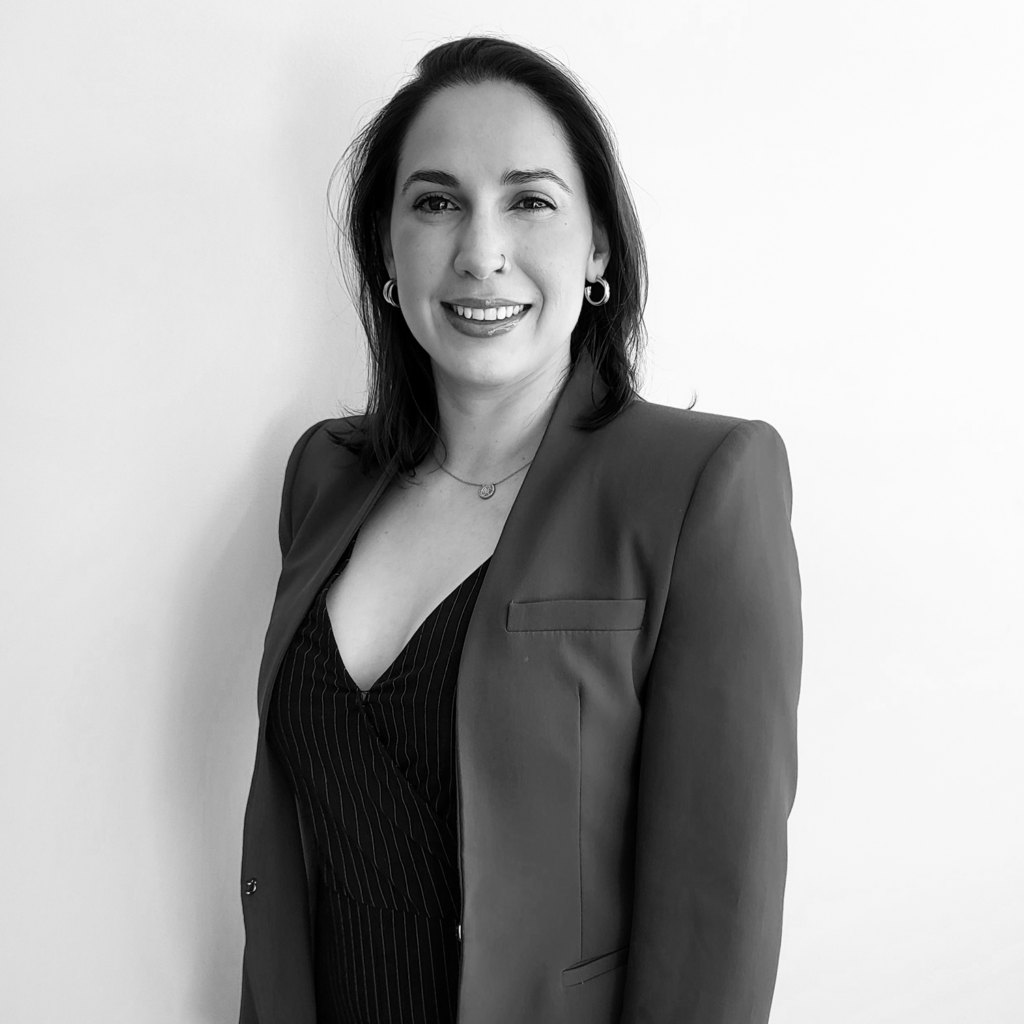To be an organization that promotes the rule of law by strengthening justice institutions, supporting anti-corruption initiatives, and advocating for respect for human rights.
Our Vision
To position ourselves as an organization actively working in the Central American region to modernize justice institutions, promote judicial independence, and combat corruption.
Our Objective
To develop plans, programs, strategies, and initiatives to influence the strengthening of justice systems in the Central American region.
Our Purpose
To instill confidence in the population of Central American countries in the institutions of the justice system.
Board
We are a group of individuals committed to democratic values and the rule of law. We are willing to contribute our experience and knowledge to strengthen justice institutions through the development of plans, programs, strategies, and initiatives to promote judicial independence and access to justice, the promotion of rule of law, and the implementation of mechanisms to combat corruption.
Our Values and Principles:
HONESTY
We conduct our activities and projects with ethics and integrity.
INDEPENDENCE
We make decisions freely and objectively, without any influences.
EFFICIENCY
We utilize resources and time available to achieve objectives.
TRANSPARENCY
We publish information about the organization, its initiatives and projects.

“Justice is a fundamental value for the peaceful coexistence of human beings. It entails respect for fundamental rights, individual freedom, and social peace. Working for justice is supporting the peaceful resolution of conflicts, so that we can live in freedom.”
Legal specialist in anti-corruption. International consultant in the justice sector.
Distinguished Professor at George Mason University in the Center at the Schar School of Policy and Government in Virginia and the Executive Director of Be Just.
She was selected to be part of the Centennial Fellow program at the Walsh School of Foreign Service at Georgetown University. She is the first Central American to have been admitted to Harvard University’s prestigious Radcliffe Institute for Advanced Study Fellows program. Additionally, she participated in the Reagan – Fascell Fellow program at the National Endowment for Democracy in Washington, D.C.
For her commitment to democracy and freedom, the pursuit of judicial independence, and the fight against corruption, she was recognized with the “Democracy Award” by the National Endowment for Democracy in a bipartisan ceremony in the United States Congress in 2017. Furthermore, she was acknowledged by Harvard Law School – Women’s Law Association on International Women’s Day (2019), in the exhibition “Women Who Inspire Change,” which highlights the remarkable contributions of women from around the world to the fields of law and politics.
In Guatemala, she served as a judge and appellate magistrate in the areas of family, civil, and economic coercion. She publicly denounced serious irregularities in the selection process of high courts and interference by political actors, leading to the prosecution of former Congress President Godofredo Rivera for influence trafficking and bribery, resulting in a 13-year prison sentence.
Claudia Escobar is a Jurist Doctor in pluralistic law from Universidad Autónoma de Barcelona, Spain. Guatemalan lawyer, Universidad Francisco Marroquín. Bachelor in Arts in Political Science from Louisiana State University, USA.
She has been a university professor and keynote speaker at various academic activities in universities in the United States, Latin America, and Europe, as well as international organizations, including a Practitioner in Residence at the Masters of Science in Foreign Service Program at Georgetown University.
She has published in various international opinion media such as the New York Times, the Washington Post, Foreign Affairs, Harvard Review of Latin America -LaRevista-, American Quarterly, Georgetown Journal of International Affairs, as well as in blogs such as Justicia en las Américas, Integrity Initiatives International, The GAB – Global Anticorruption Blog, and others.
She actively contributes to various civil society organizations. She is a member of the International Committee of Transparency International, Vice Chair of the organization Integrity Initiatives International, and a part of the board of Integrity Sanctuary.

“In the fabric of democracy, justice and transparency, I find the strength that drives dreams, builds bridges and paves roads to a tomorrow where every person, regardless of their origin, flourishes in the fullness of their rights and aspirations.”
Lawyer with experience in analysis of legal regimes.
Master’s Degree in Regulation from the London School of Economics and Political Science and a Law Degree from the University of Cuenca, Ecuador.
Ecuadorian lawyer based in Portugal with extensive experience in the analysis of legal and regulatory regimes to promote consumer protection and enable fairness and transparency in the financial market. She has advised governments in Latin America, Africa and Southeast Asia on best practices in market conduct supervision and regulation, in line with the specific characteristics of their countries and their unique contexts.
Her interests include entrepreneurship and women’s empowerment in the context of financial inclusion and education, as well as the use of technology to promote greater access to financial services and enhance the role of supervisory authorities (fintech and regtech).
Prior to her independent consulting practice, Diana played a key role as a market conduct regulator at the U.S. Federal Reserve for over four years. She also has experience in the banking sector, both retail and commercial. She is a member of the Board of Directors of different organizations, where she contributes with her legal expertise.

“The creation and strengthening of independent mechanisms at the international, regional, and national levels are crucial to ensuring respect for and enjoyment of human rights, as well as supporting the work of human rights defenders.”
Attorney specialized in advancing international human rights law and strengthening the rule of law.
With over 20 years of professional experience in these fields, she currently serves as a legal and policy consultant for the Office for Civil Rights and Civil Liberties (CRCL) at the U.S. Department of Homeland Security (DHS). She is also the co-founder and Senior Advisor in Governance and Rights at All in for Development LLC (All in), a consulting firm that works on international development programs and projects in Latin America, Southeast Asia, and Africa.
Previously, Nerea Aparicio served as Regional Director for Latin America and the Caribbean at the American Bar Association Rule of Law Initiative (ABA ROLI), Principal Human Rights Specialist at the O.A.S.’ Inter-American Commission on Human Rights (IACHR), and Human Rights and Justice Officer at the UN Mission for the Verification of the Peace Accords in Guatemala (MINUGUA).
She earned her law degree from the University of Deusto’s School of Law (Bilbao, Spain) and her Master’s Degree in International Legal Studies (LL.M.) from the American University’s Washington College of Law (Washington D.C.).

“Transparency means openness, honesty, and clarity on the part of individuals, governments, and businesses to enable the effective assessment of their actions and their impact.”
A Diplomat and professor at George Washington University. He holds a Law degree from Rafael Landivar University in Guatemala and a Master’s in International Relations from Georgetown University.
He is a career diplomat from Guatemala. He joined the Elliott School of International Affairs at George Washington University as a visiting professor in 2016 and is currently teaching a course on international human rights systems.
He has served as an ambassador to the United States (2008-2013), the United Nations (both in New York and Geneva), the Organization of American States (where he chaired the Commission on Political Matters), Canada, Germany, and Norway. In addition to his diplomatic roles, he has been a fellow at the U.S. Institute of Peace and the National Endowment for Democracy.
Currently, he is writing about the evolution of the principles of non-intervention and sovereignty over the past fifty years, particularly on how human rights and democracy have become legitimate subjects of international concern and involvement, no longer considered exclusively within the internal jurisdiction of states.

“Fighting for truth and justice is not just a duty, but the relentless pursuit of human dignity“.
Andrea Rabanales de la Roca is a Guatemalan Lawyer with a Bachelor’s degree in Legal and Social Sciences from Universidad de San Carlos de Guatemala, Guatemala. She also holds a Master’s degree in Bioethics from Universidad del Istmo, Guatemala, and a Master’s degree in Constitutional Law from Centro de Estudios Políticos y Constitucionales, Spain. She is a JSD candidate at Universidad de Buenos Aires, Argentina analyzing: The impact on migration of the (in)fulfillment by public institutions of their obligation to guarantee decent living conditions.
She has worked at the Constitutional Court of Guatemala, She also worked in the Security and Justice project of USAID/Guatemala focused on the strengthening of the judicial sector and the promotion of democratic and human rights approaches to the justice. She also worked in a government agency to promote transparency, accountability and to implement anti-corruption strategies in the executive branch. He has done consultancies for UNDP, for the ombudsperson in Guatemala and for social human rights organizations. She developed the training program that is currently used to prepare judges and aspiring judges in ethics (School of Judicial Studies, Judicial Branch). She is currently Project Director of BeJust, an organization focused on strengthening justice systems and the fight against corruption.
She has taught undergraduate and post-graduate courses in human rights and constitutional law. Former U.S. Department of State International Visitor Leadership Program Fellow on transparency, accountability and anti-corruption and former Fundación Carolina Fellow. She has lectured on constitutional law, human rights and anti-corruption at the national and international level and has written academic papers in national and international publications.
